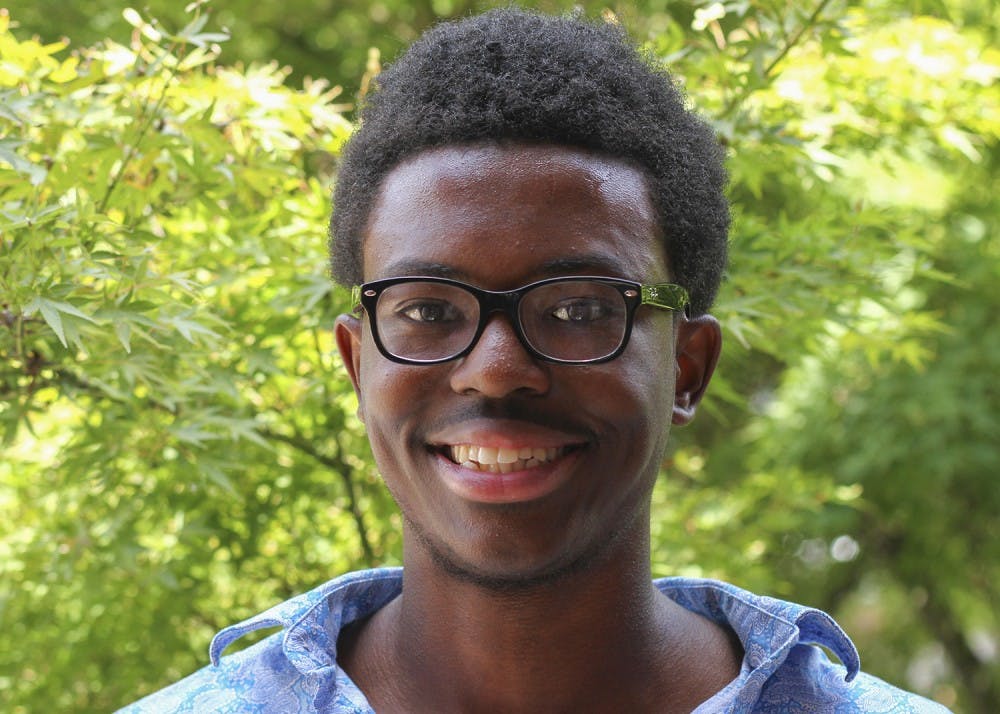After three years of attending UNC, an institution historically built upon the backs of countless unnamed black bodies, a few facts have come to my attention.
It is here that I attended class without being conscious that UNC has only been open to people of color since 1955, beginning with the admittance of three undergraduate students — and only then because of judicial intervention.
It would be an insult to describe our society as post-racial because the wounds of slavery and segregation are still bleeding.
I graduated from a North Carolina public high school in 2012 and came to Chapel Hill, which promised me a fair and holistic education upon enrollment. At UNC, I am surrounded by systems of support that do not actually guarantee my academic success.
Attending an institution like UNC is still but a dream for so many students of color with stories similar to mine because of the vast disparity that exists with respect to high schools’ abilities to provide opportunities for their students to meet college prerequisites.
If it were not for the high school clustering that resulted in my taking classes for college credit, I might have been unable, like so many students who come here, to complete my degree on time.
Due to racist prerequisites, some students of color or low socioeconomic status are excluded from pursuing certain majors. In eight semesters, it is nearly impossible to graduate with a bachelors of science in a STEM field if you must first complete a course in “College Algebra.” Most students who place out of this prerequisite can either afford the SAT Subject Tests or have access to a school with an adequate teaching staff for teaching Advancement Placement courses.
“Separate but equal” is an absurd justification for segregation based on race, so why do we condone such exclusively unequal opportunities? Any student graduating from an accredited N.C. high school should be able to complete any course of study that results in a degree.
It’s clear the problem lies in our unwillingness to equitably fund the schools responsible for preparing students for the rigor of a university education. Similarly, this criticism of the University-industrial complex can be applied to athletes recruited to participate in revenue sports with varying levels of academic readiness.



